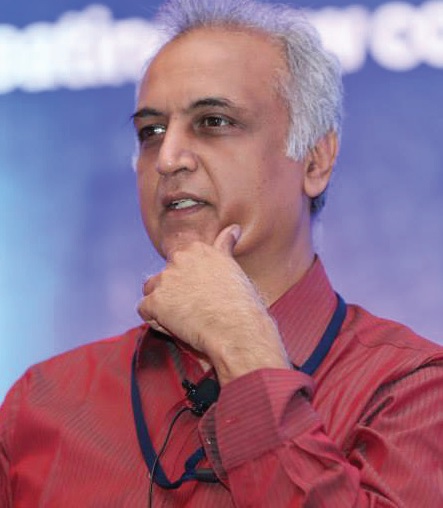At least three major brands are facing unique Public Relations challenges in India this year. These are ICICI, Vedanta and Fortis. In each of these cases I wonder how and what the PR and reputation management folks within these companies are doing or the consultancies engaged by them are doing – because it is quite clear to me after decades of being a business journalist that PR firms or for that matter the clients they deal with often do not prepare themselves for any eventuality that hurts their brands through social protests or controversies.
Brands can get hurt not just in the realm of customers or shareholders, but among partners, government officials, regulators and the general public, when bad news bites them.
So, I have to ask three questions for the brand/reputation management professionals:
- Do you have a bad-news policy on how to deal with the eventualities when your brands suffer from adverse consequences of whistle-blowers, boardroom tussles, financial troubles, customer complaints or government action?
- Do you engage difficult clients at all knowing very well that they may be difficult in disseminating bad news — and hurt your own reputation in the process?
- Do you think it is a good idea to tell brand custodians/clients in advance that they should be prepared for eventualities and that you will only engage them ethically in a manner that does not mislead the public or the media?
All these questions come to my mind because experience tells me that marketing communications, which has increasingly encroached on media relations, does not seem to distinguish between dealing with customers on the one hand and the mainstream media which has an institutional character on the other and stretches to influence government officials, non-government organisations and activists.
As a journalist, I feel uncomfortable with what I call “fair-weather brands” that talk to the media when the going is good and disappear from eyesight and earshot when there is a difficult story to chase.
Putting a positive spin on a story is a good thing but my belief is that silence, inaccessibility and plain lying or misleading is not on.
I have to say that PR professionals as well as media persons have their own personal brands that rub off positively or negatively on the organisations they represent. Honesty remains the best policy. I would feel comfortable with PR professionals who confess to me that they are in a spot with their clients/companies than those who try to mislead me. What is not easily understood is that once a bad experience happens, there is a once-bitten-twice-shy element that kicks in. I would either avoid or view with suspicion any media relations professional that misled me — not to speak of the company or brand that misled me. (In extreme situations I can hurt their brands without their knowledge.)
I instinctively trust some people in the PR business and instinctively view with suspicion some others because of past experiences or the sheer demeanour they bring to the interaction.
My three cents of advice to any PR person in a year when some major brands are suffering from bad news consequences:
- Have a bad-news policy for both – the consultancy you work in or a client organisation and discuss it upfront when the going is good: How to disclose, how much to disclose and how to manage the situation. Get an advance buy-in from the brand custodians so they don’t complain later. (You can call it the brand management pre-nuptial)
- Be prepared with dry runs involving your executives and FAQs (frequently asked questions) to prepare for the eventuality of difficult news.
- When dealing with journalists, prefer “no-comments” to awkward silences and outright lies. Or go for a diplomatic variation of “no-comments” (‘We are conducting an internal inquiry into this and will get back to you later’).







Be the first to comment on "Why companies need a bad news strategy and brand management pre-nups"